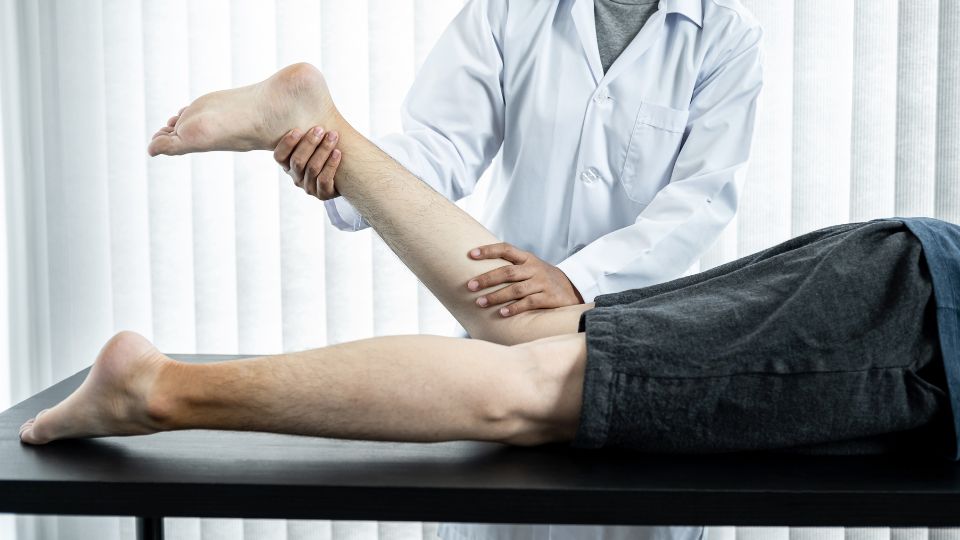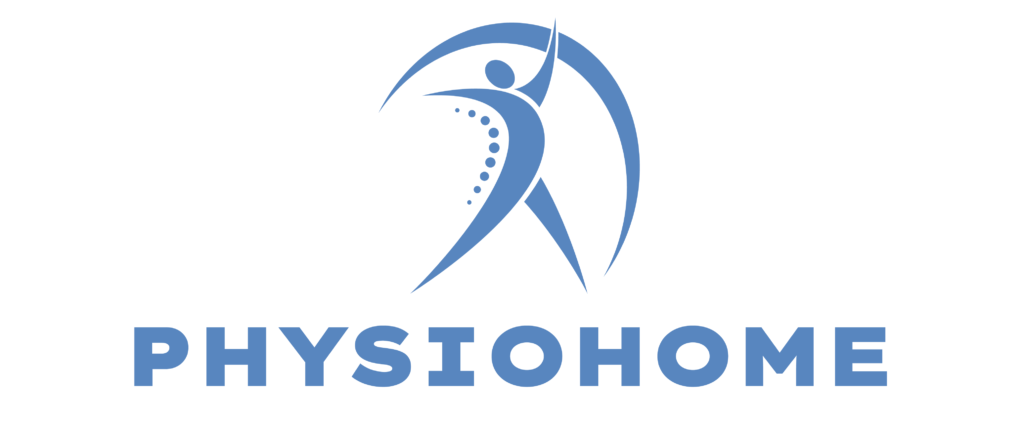Sports injuries are an unfortunate but common occurrence in the world of athletics, affecting both amateur enthusiasts and professional athletes alike. These injuries can range from minor sprains to severe fractures, impacting an athlete’s performance and overall well-being. Amidst the array of treatment options available, physiotherapy stands out as a crucial component in the rehabilitation process, playing a pivotal role in restoring athletes to peak physical condition.
Understanding Physiotherapy in Sports Injury Rehabilitation

Physiotherapy, also known as physical therapy, focuses on enhancing mobility and function through a combination of exercises, manual therapy, and education. In the context of sports injury rehabilitation, physiotherapists are specialized healthcare professionals who possess the expertise to assess, diagnose, and treat injuries that affect muscles, joints, and bones.
The Rehabilitation Process
Assessment and Diagnosis:
The journey begins with a thorough assessment to understand the nature and extent of the injury. Physiotherapists employ various diagnostic techniques, including movement analysis and physical examinations, to pinpoint the underlying issues.
Individualized Treatment Plans:
Based on the assessment, a personalized treatment plan is devised. This plan typically includes a combination of therapeutic exercises to strengthen muscles, improve flexibility, and restore range of motion. Techniques such as ultrasound, electrical stimulation, and hot/cold therapies may also be utilized to manage pain and inflammation.
Manual Therapy:
Hands-on techniques such as joint mobilization and soft tissue manipulation are integral components of physiotherapy. These techniques help improve circulation, reduce muscle tension, and enhance healing.
Education and Prevention:
Beyond treatment, physiotherapists educate athletes on proper body mechanics, ergonomics, and exercises to prevent future injuries. This empowers athletes with the knowledge and skills to maintain optimal physical health. Education efforts aim to improve health literacy among individuals and communities. This includes providing understandable information about diseases, conditions, treatments, and preventive measures. Health literacy empowers people to make informed decisions about their health and navigate healthcare systems effectively.
Advantages of Physiotherapy

Holistic Approach:
Physiotherapy takes into account the whole person, addressing not just the injury but also the factors contributing to it. A holistic approach in physiotherapy recognizes that each patient is a unique individual with interconnected physical, emotional, and social dimensions. By addressing these aspects comprehensively, physiotherapists can facilitate healing, enhance functional outcomes, and promote overall health and well-being.
Customized Care:
Each athlete receives personalized care tailored to their specific injury and recovery needs. Customized care begins with a detailed assessment of the patient’s health history, current condition, lifestyle factors, and personal goals. This may involve gathering information through interviews, medical tests, and consultations with specialists to develop a comprehensive understanding of the individual’s health status.
Speedy Recovery:
By focusing on restoring function and strength, physiotherapy aims to expedite the recovery process and minimize downtime. Creating a supportive and conducive environment at home and in healthcare settings can positively impact recovery. This includes minimizing stressors, promoting positivity, and fostering a sense of comfort and security for the patient.
Integrative Care and Team Collaboration
In professional sports settings, physiotherapists work closely with coaches, physicians, and other healthcare professionals to ensure comprehensive care. This multidisciplinary approach facilitates a seamless transition from injury to rehabilitation and eventual return to sport.
Conclusion
Physiotherapy plays a vital role in sports injury rehabilitation by promoting healing, restoring function, and preventing re-injury. Beyond its immediate benefits, physiotherapy contributes to the long-term health and performance of athletes, enabling them to pursue their athletic goals with confidence. As advancements in sports medicine continue to evolve, the role of physiotherapy remains indispensable in supporting athletes on their journey to recovery and beyond. Contact us today at Physio Home, located in Ras Al Khaimah, United Arab Emirates, to discover how our specialized physiotherapy services can assist you in achieving optimal recovery and performance.

